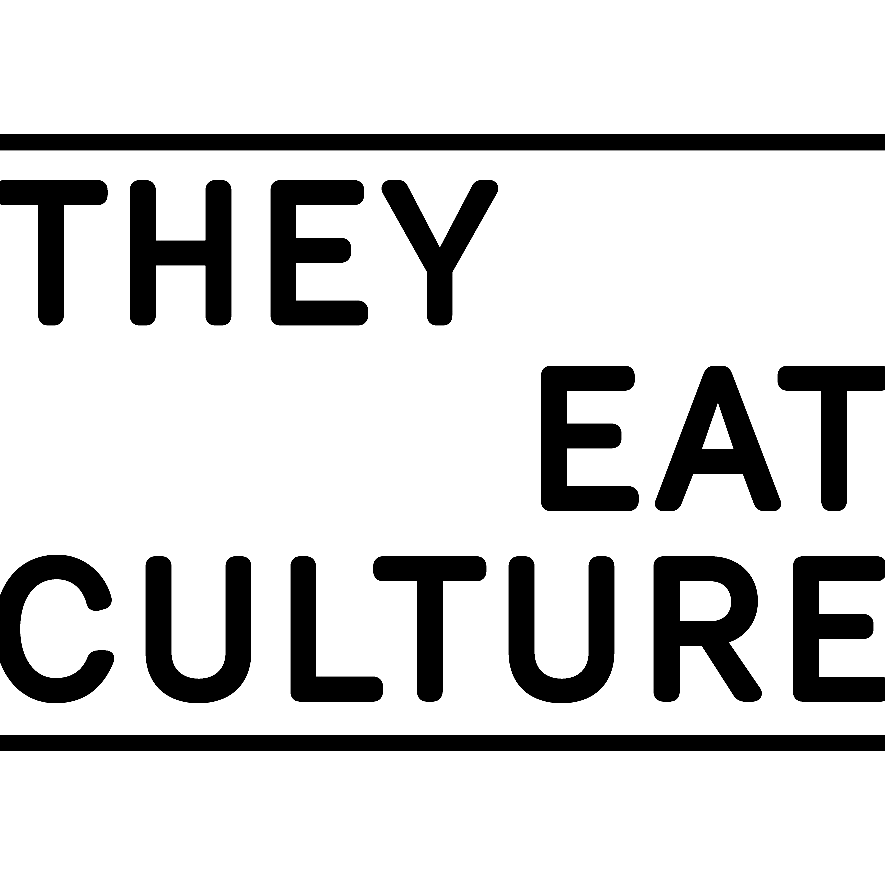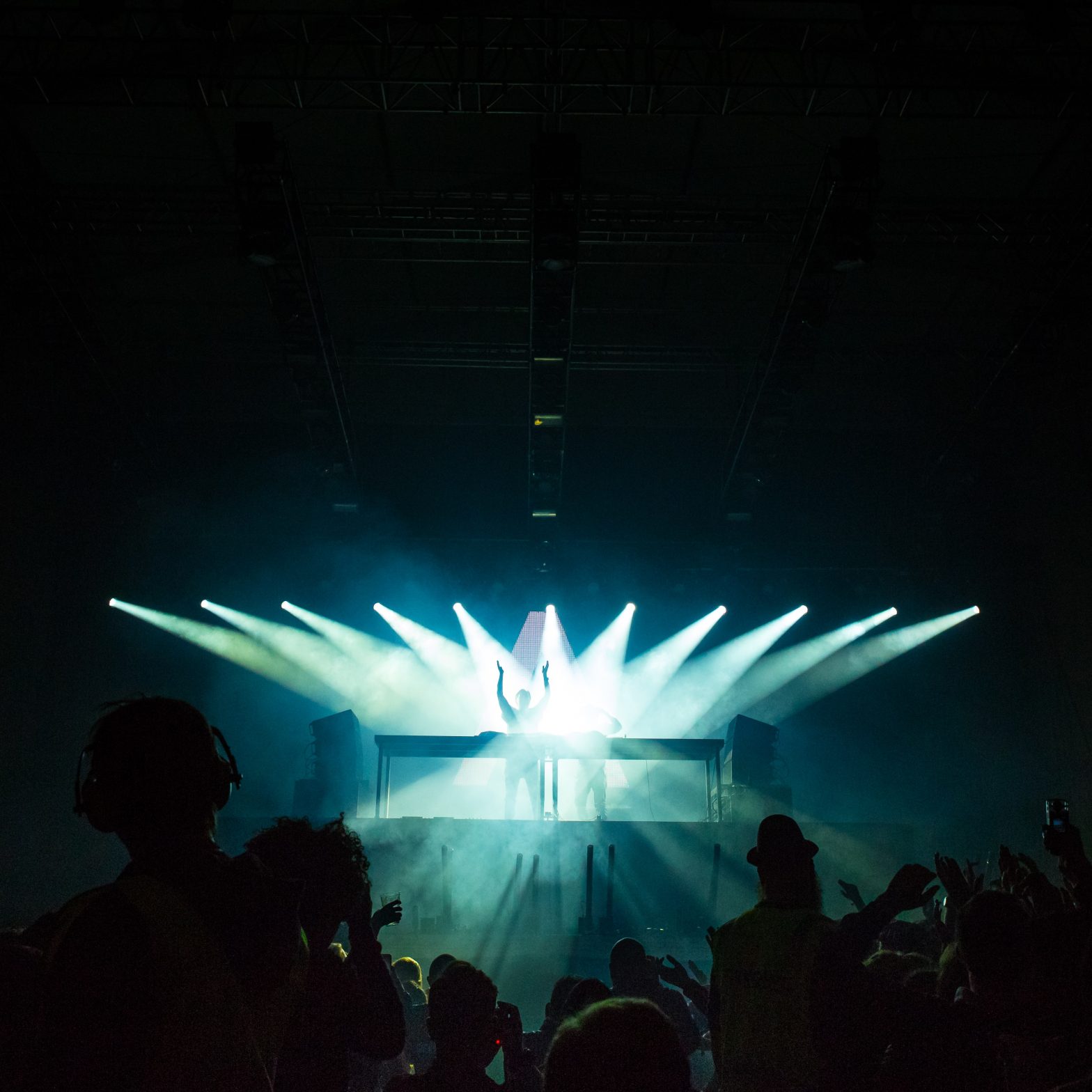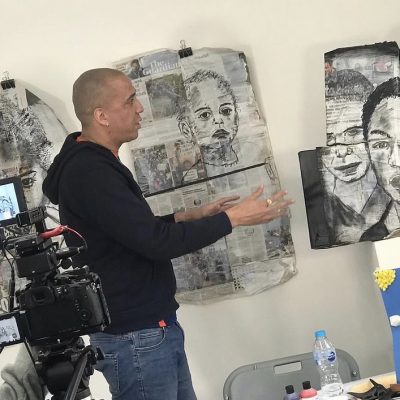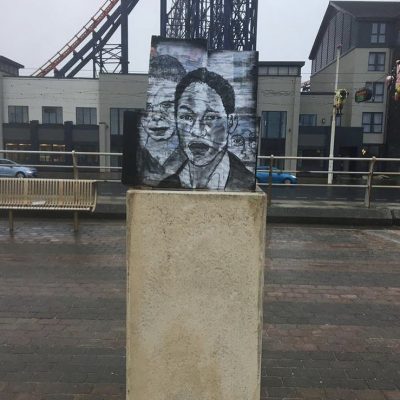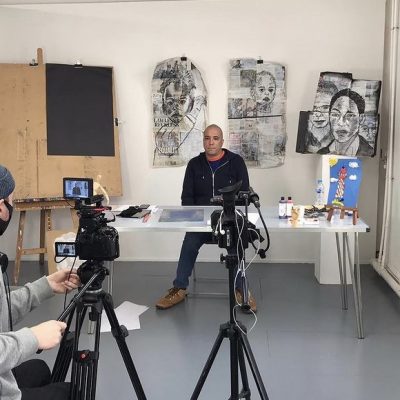Throughout the COVID-19 Pandemic we have been interviewing Prestonians to capture their experience of lockdown as part of our living city archive.
Our lockdown interviews highlighted one of the significant losses of lockdown. The live music experience. British festival season was cancelled with Glastonbury’s 50th anniversary scrapped along with local live events like Rockprest and the Caribbean Carnival.
Whilst social distancing remains in place the live music industry continues to face uncertainty. For local people like Kay and Russell, musicians; Chris, a DJ; Josie, a music teacher and Joey, a music promoter lockdown has massively impacted their passions and livelihood. The U.K. music industry makes over £5 billion for the economy, with £1.1 billion of that coming from live music. Across Preston and the country so many people are affected by this.
Interestingly multiple interviewees talked about how the live experience cannot be replicated online with DJ Chris talking about how ‘trying to manufacture that artificially, in a digital form, you can only go so far…it’s serving a lot of good for people and I’m 100% behind that but I don’t believe it can ever take over the live music experience’. Josie offered similar sentiments saying how the energy created by a live performance as opposed to a virtual performance cannot be replicated.
Whilst it is clear that there is a significant difference between virtual and live performances the start of lockdown saw a surge in musicians both locally and nationally connecting with fans through social media performances.
Kay, who fronts band Sky Valley Mistress, spoke to us about releasing their debut album on the Friday before lockdown and the impact cancellations of gigs and festivals had on the band.
Nationally the Keep Music Alive campaign has said:
This crisis has brought the serious flaws of the music industry into sharp relief. Covid-19 has shone a light on the fact that composers, songwriters and some performers are unable to sustain their living from streaming royalties.”
Joey, a music promoter, highlighted how financially difficult the pandemic has been for people in the music industry from bands to promoters to venue owners. She talks about the potential of venues and bands ceasing to exist as the pandemic continues to stop live performances from happening.
We have already seen the closure of venues becoming a reality with iconic Manchester venues Gorilla and Deaf Institute announcing their closure before being saved by new investors, something it is unlikely all venues will be so lucky to receive . Russell, bassist for Sky Valley Mistress gave a more optimistic outlook on the future of live music, saying that he hoped people would have a renewed appreciation for gigs post-pandemic.
That being said he was open about the struggle independent venues, particularly locally in Darwin and Preston, have been facing previously to the pandemic. For him there is an overt optimism that things will get better in the live music scene.
Musician Kay also reflected in her interview about how creativity functions differently in lockdown. She describes being in a room with her band and being able to read each others faces when you’ve created something special, a situation that is incomparable in lockdown.
How the U.K. music industry will recover is a question lots of us are asking but there are no definitive answers. Kay gave her view on how live music venues will function post lockdown and how this will hit bands and venues and damage the industry, mostly due to social distancing measures.
The U.K. culture minister Oliver Dowden has confirmed that a six month VAT cut announced by the Chancellor Of The Exchequer will also apply to gigs and concerts. However without knowing the extent to which venues can reopen, particularly as many grassroots venues in the U.K. have argued that with social distancing measures in place their capacity will be so restricted they will make a loss, it is difficult to know if this will have any major impact.
The pandemic has had, and continues to have, severe consequences for the music industry. There is no doubt that recovery will be difficult, and as our interviewees expressed we should anticipate the loss of some venues and musicians who are simply unable to stay sustained in such a harsh reality. That being said our music industry experts also indicated that creativity and music will never be completely crushed and that this form of art will continue even if not in a way we can foresee just yet.
Join the Conversation: What do you think the future of the Live Music Industry looks like?
The Living City project is produced by They Eat Culture, & supported by the Community Lottery Fund & Arts Council England.


